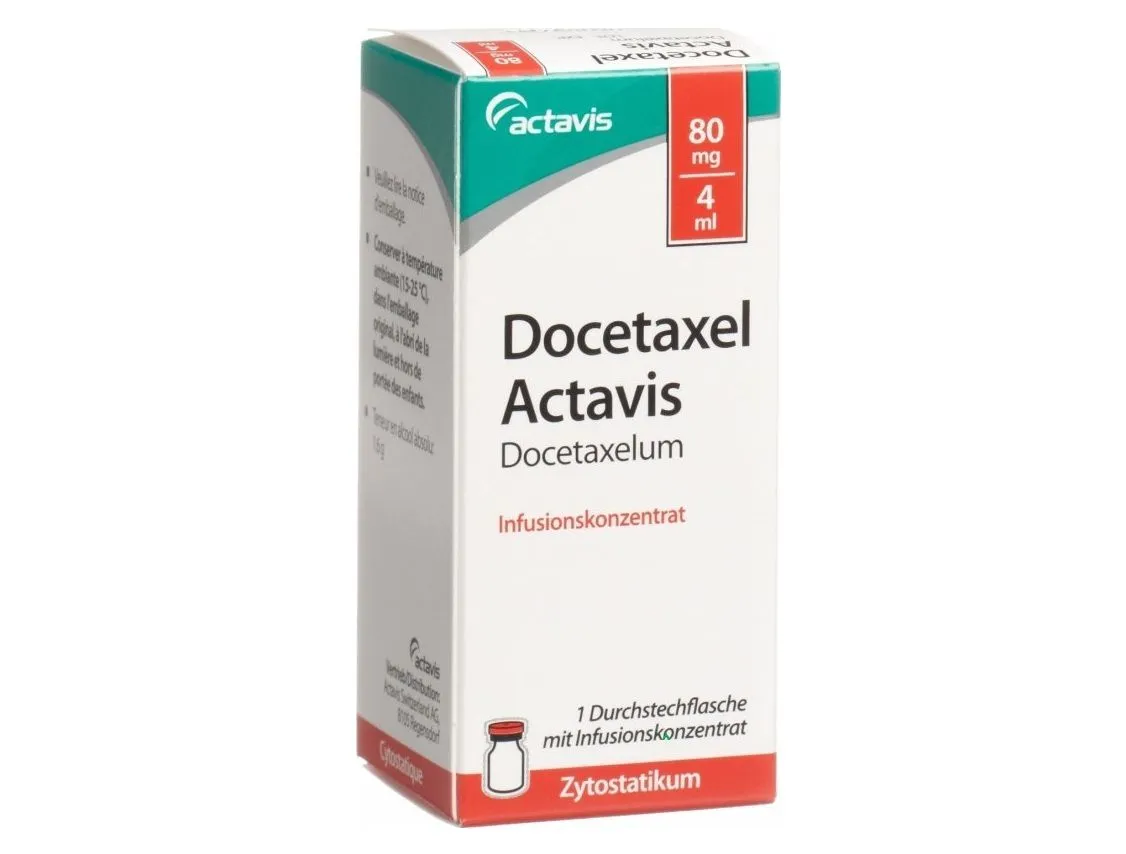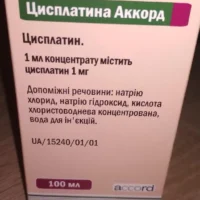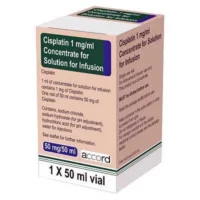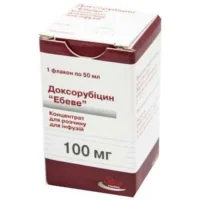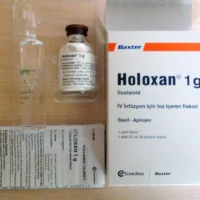Description
Docetaxel Amaxa (docetaxel) Concentrate for Solution for Infusions 20 mg/ml. 4 ml. (80 mg.) Vial
Ingredients
Active ingredient: Docetaxel. Inactive ingredients may include polysorbate 80, ethanol, and citric acid.
Dosage
Dosage: The recommended dose of Docetaxel Amaxa is determined by the patient’s body surface area and the specific condition being treated. It is administered intravenously over a specific period as directed by a healthcare professional.
Indications
Indications: Docetaxel Amaxa is indicated for the treatment of various types of cancers, including breast cancer, non-small cell lung cancer, and prostate cancer. It works by inhibiting the growth and spread of cancer cells in the body.
Contraindications
Contraindications: Docetaxel Amaxa is contraindicated in patients with a history of severe hypersensitivity reactions to docetaxel or any of the other ingredients in the formulation.
Directions
Administration: Docetaxel Amaxa should only be administered by healthcare professionals experienced in the use of cytotoxic agents. It is given as an intravenous infusion and the infusion time should be strictly followed.
Scientific Evidence
Docetaxel, the active ingredient in Docetaxel Amaxa, has been extensively studied in various clinical trials. Research has shown its efficacy in the treatment of advanced breast cancer, non-small cell lung cancer, and other solid tumors. Studies have demonstrated its ability to disrupt microtubule function, leading to cell cycle arrest and ultimately cell death in cancer cells.
Additional Information
In addition to its anti-cancer effects, Docetaxel has been investigated for its potential in combination therapies and as an adjuvant treatment. The drug’s pharmacokinetics and pharmacodynamics have been well-characterized, allowing for precise dosing regimens in different patient populations.
Overall, Docetaxel Amaxa represents a cornerstone in the treatment of various cancers, offering a potent and targeted approach to combating tumor growth and metastasis.
- Docetaxel Amaxa is a powerful cytotoxic agent used in the treatment of multiple cancer types.
- It is administered intravenously and requires careful monitoring during infusion.
- Patients should be closely monitored for potential side effects and adverse reactions during treatment.

